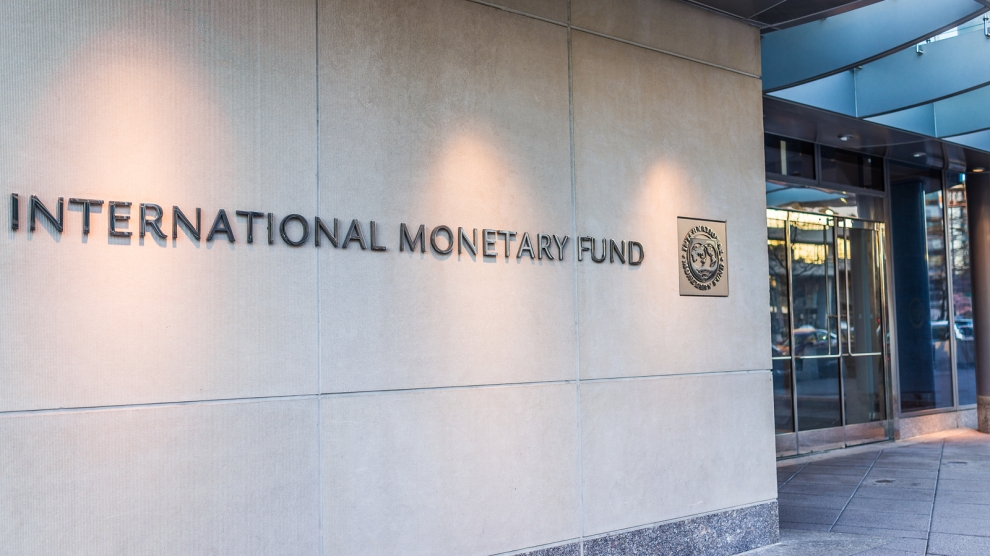Georgia is a striking example of a successful tax revenue reform, according to the International Monetary Fund’s new Balancing Act: Managing the Public Purse report.
The main reason for the praise can be found in Georgia’s 2004 tax reform, which simplified the tax system, reducing rates and eliminating a series of minor local taxes that had been generating little revenue. In parallel, the government also made it easier to pay taxes by introducing electronic measures. In this way, technology both improved efficiency and reduced opportunities for corruption.
“Georgia offers a striking example of successful tax revenue reform,” writes the report’s author, Bernardin Akitoby.
“Progressive personal income tax rates (12 to 20 per cent) were replaced with a flat rate of 20 percent, and the social security contribution tax rate was first reduced from 33 per cent to 20 per cent and then eliminated altogether. Only 7 of 21 taxes remained. Corporate income was taxed at a flat rate of 15 per cent, and VAT was reduced from 20 per cent to 18 per cent. The revenue lost from lower tax rates was made up through a broader tax base, better compliance, and stricter enforcement,” reads the report.
More recently, Georgia’s government has been working on a new tax initiative that greatly reduces the fiscal burden for small and medium-sized enterprises, in order to promote a better business environment and develop regions important for the country.
“Our goal is to increase the number of small and medium-sized businesses in our economy, and to see more economic activity, more small and medium entrepreneurs in our regions,” said Finance Minister Mamuka Bakhtadze.
“Within the framework of the information campaign, we will go to the regions and listen to entrepreneurs,” Mr Bakhtadze added. “Adjara has a very important role in this regard, as it has a large economic potential. This is a large-scale reform aimed at encouraging small and medium-sized businesses. It encompasses more than 120,000 entrepreneurs and their families. Our expectation is that after the implementation of these reforms, we will see a significant boost for this sector of our economy.”
Deputy Minister of Finance Lasha Khutsishvili confirmed that discussions about the new tax policy will continue. “These new tax initiatives for small entrepreneurs reduce tax by 80 per cent, from 5 per cent to 1 per cent,” he said.
Entrepreneurs will be considered as small businesses if they have a combined income of up to 500,000 lari (166,000 euros) per year; they will be taxed at a minimum rate of 1 per cent of turnover. The tax will be paid monthly in arrears: the current practice of so-called “advance” payments will be withdrawn.






Add Comment